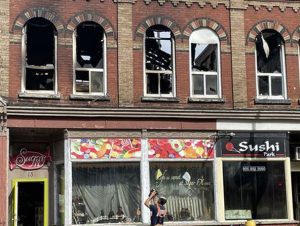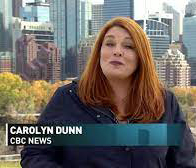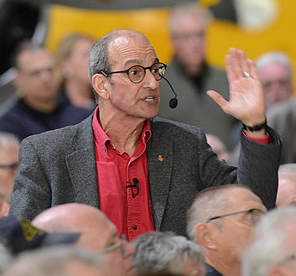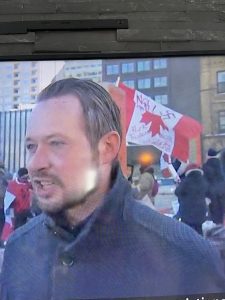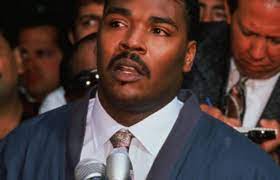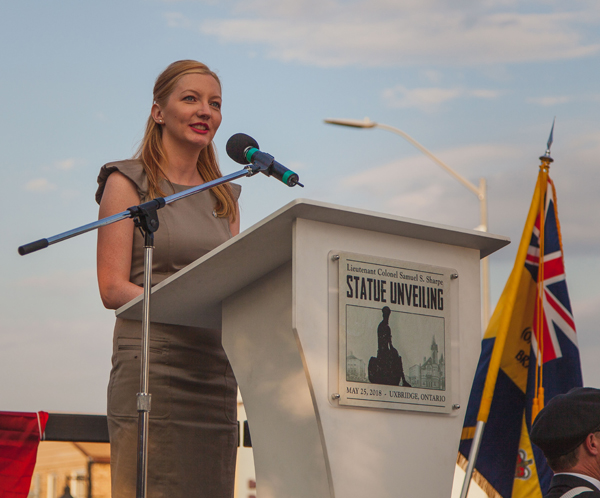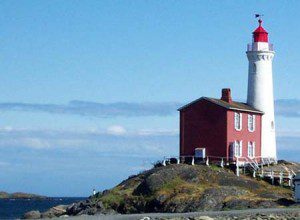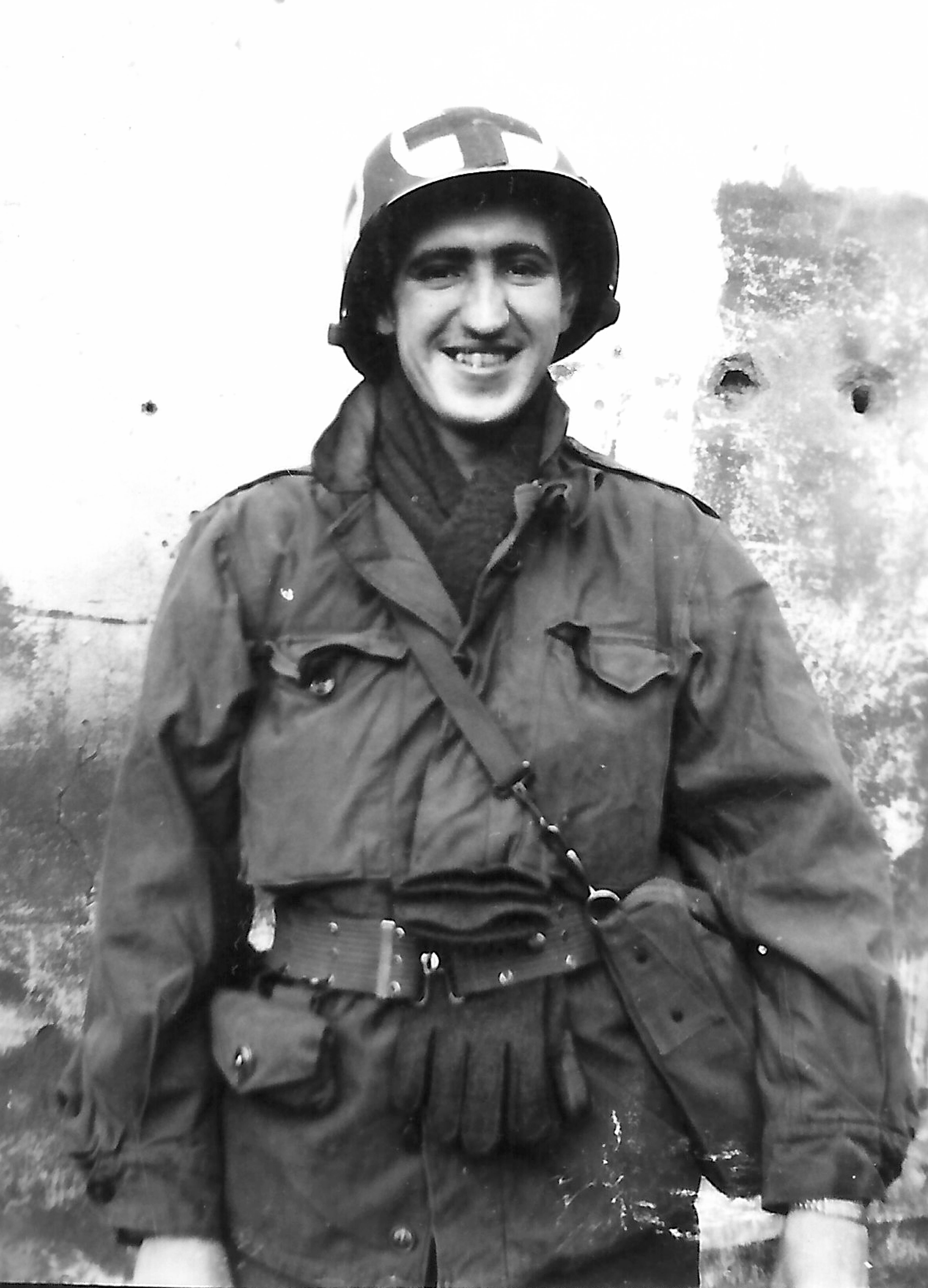
Late in 1945, after the Second World War, my father Alex Barris received his honourable discharge from the U.S. Army. He had survived training as a medic in Kansas in 1943, the bloodbath that had been the Battle of the Bulge in western Germany in the winter of 1945, postwar occupation service in Czechoslovakia and transatlantic passage back home to New York City in time to rejoin his family for Christmas.
Eager to return to civilian life, Dad visited his alma mater, Haaren High School, to claim his education transcripts. As the school registrar retrieved the papers, Dad strolled through the school hallways, pausing at the school’s honour roll.
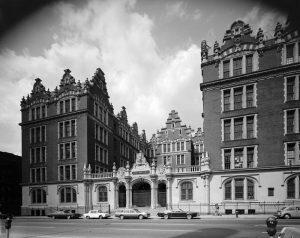
“Alumni Who Gave Their Lives in World War II,” the banner announced atop the wall. There were dozens and dozens of names – 56 in all. Then, the most incredible thing happened. He saw his own name etched there in the bronze. Dead. Honoured. But it was a mistake. When he tried to explain the error to the registrar, however, she blushed and blurted out:
“Oh my! Someone will be in trouble over this.” And she dashed away. (more…)
